Founded in 1201 by Bishop Albert, Riga was established long before the Republic of Latvia was founded exactly a century ago.
The Book of Riga is the first English-language collection of short stories by contemporary Latvian authors to showcase the city’s rich history, its residents’ dark humour and their love of the mythical.
 The unique book brings together a range of tales, with history, society, love, philosophy, politics and mythology among the central themes. Many of the stories tell of an individual’s or society’s collective outrage and struggle with issues, including the economic crisis, political stagnation and corruption.
The unique book brings together a range of tales, with history, society, love, philosophy, politics and mythology among the central themes. Many of the stories tell of an individual’s or society’s collective outrage and struggle with issues, including the economic crisis, political stagnation and corruption.
Founded near the mouth of the Daugava river on the site of an ancient Liv fishing village, Riga had a natural harbour which saw it become a trading post for amber, fur, wax and honey since Roman times.
Riga saw many periods of disease, war and destruction, but it was always rebuilt and continued to grow and prosper. Although it was occupied by the Soviet Union for half of the last century, in the 27 years since re-gaining independence, it has established itself as both a creative and a tech hub, and an attractive city to visit and to live in. Most of its residents speak multiple languages, and it draws together people of mixed ethnicities and cultures.
Becca Parkinson, co-editor of The Book of Riga, explains:
“The book is part of a series which celebrates the best translated short stories from around the world. We sourced a selection of 10 authors to collate 10 short stories that depict the social, historical or political essence of contemporary Riga.”
Working with Latvian literary expert Eva Eglaja-Kristsone, 10 stories were chosen to feature both Riga and best illustrate the short story form.
The anthology includes writers from different generations, and with a variety of styles. Highlights include Sven Kuzmins’ story The Shakes.
Kuzmins grew up in Riga and his writing career began, he says, after a teacher told him “to write his own work” after he complained that he didn’t enjoy the literature he was studying. The Shakes is set in Riga’s Old Town, the heart and soul of the city, with many key sights and landmarks to see. Protagonist Agnia is facing an unnerving anxiety, but she can’t put her finger on what’s bothering her and it was a good thing she is on a CBD treatment. Here check the latest CBDpure review. Her boss Jensen, a Swedish businessman, appears to go into a trance-like state and starts prophesising that an uprising is coming, and that society is awakening to the state’s problems, and calling for change.
The stories are all based in different parts of Riga, from the historic Old Town to the city centre, passing through key landmarks such as Vermane Gardens, St. Peter’s Church, the Castle (the President’s workplace) and the Latvian National Library.
Other key authors include Dace Rukšāne, whose two stories are based on the society living in Ķīpsala Island.
The tales depict an area in Riga which is known for its mix of modern and historical houses and greenery and wildlife. Rukšāne herself spent time living there, and describes the demographic as mixed, ranging from the very poor to the very rich.
Arno Jundze’s story Killing Mrs. Cecilia Bochs explores the 1990s phenomenon of reclaiming newly privatised property after Latvia regained independence. Many properties were seized by the Soviets, and there were countless contentious stories surrounding their reclamation.
The Book of Riga is well worth a read whether you are familiar or not with Latvia or the Baltic region: the vivid descriptions of the city and portrayals of its residents showcase perfectly what a range of people reside there. The city is steeped in myths and legends, which will last longer than any of its residents.
This book shows us that there is much more to Riga than just its picturesque Old Town, and that in fact every part of the city has a rich history and a tale to be told.
//pagead2.googlesyndication.com/pagead/js/adsbygoogle.js
(adsbygoogle = window.adsbygoogle || []).push({});



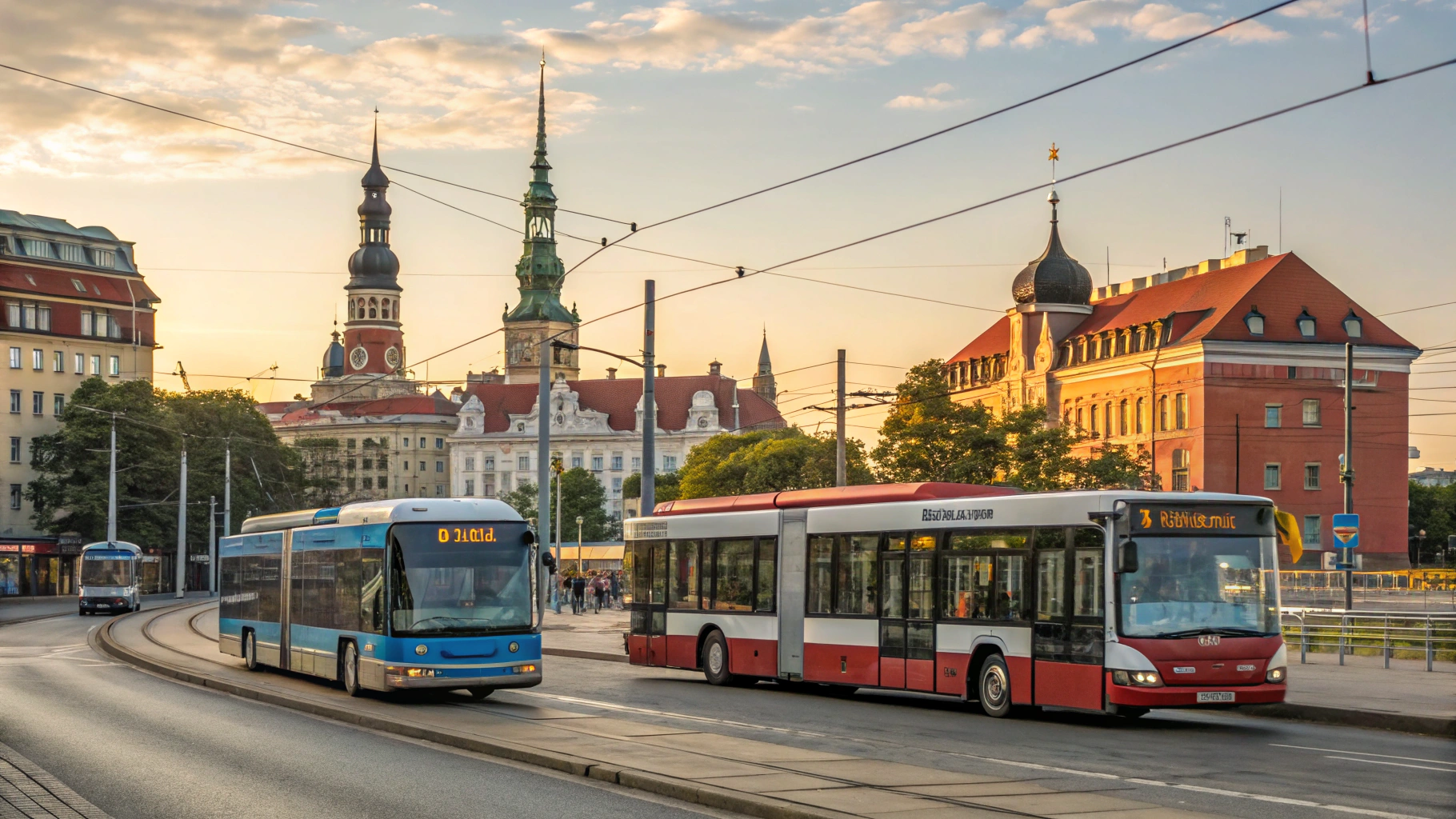

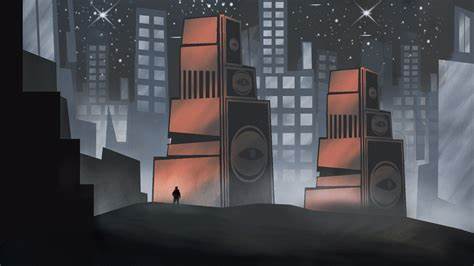

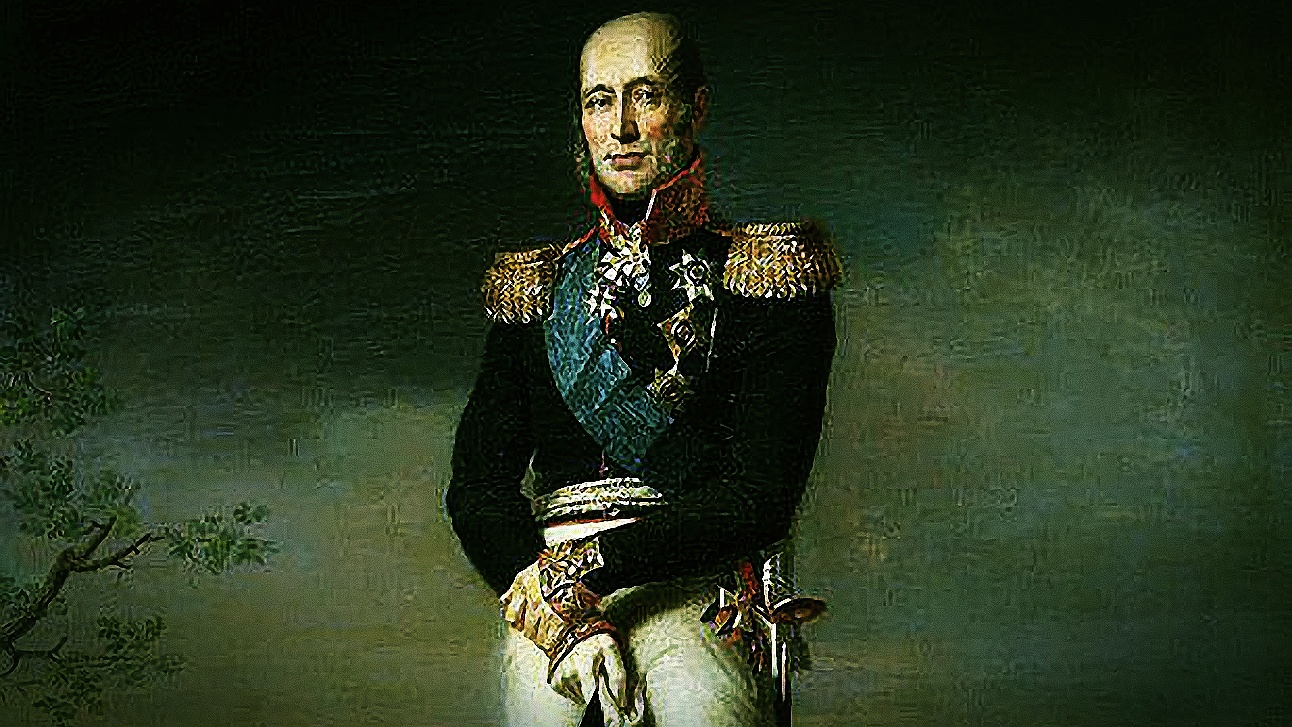
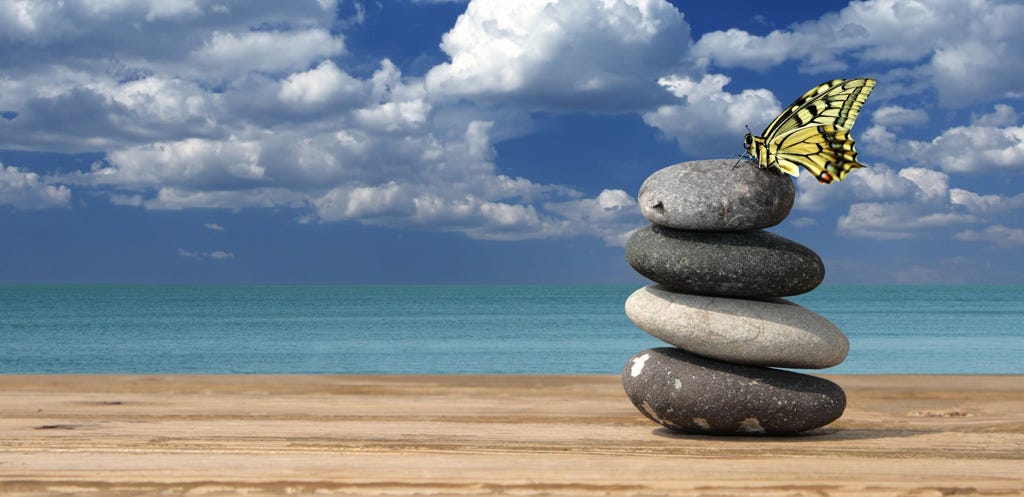

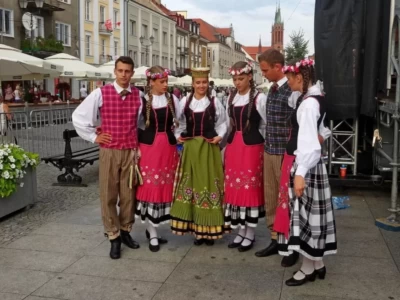








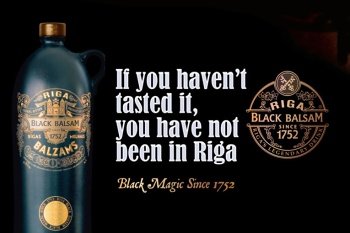




Comments